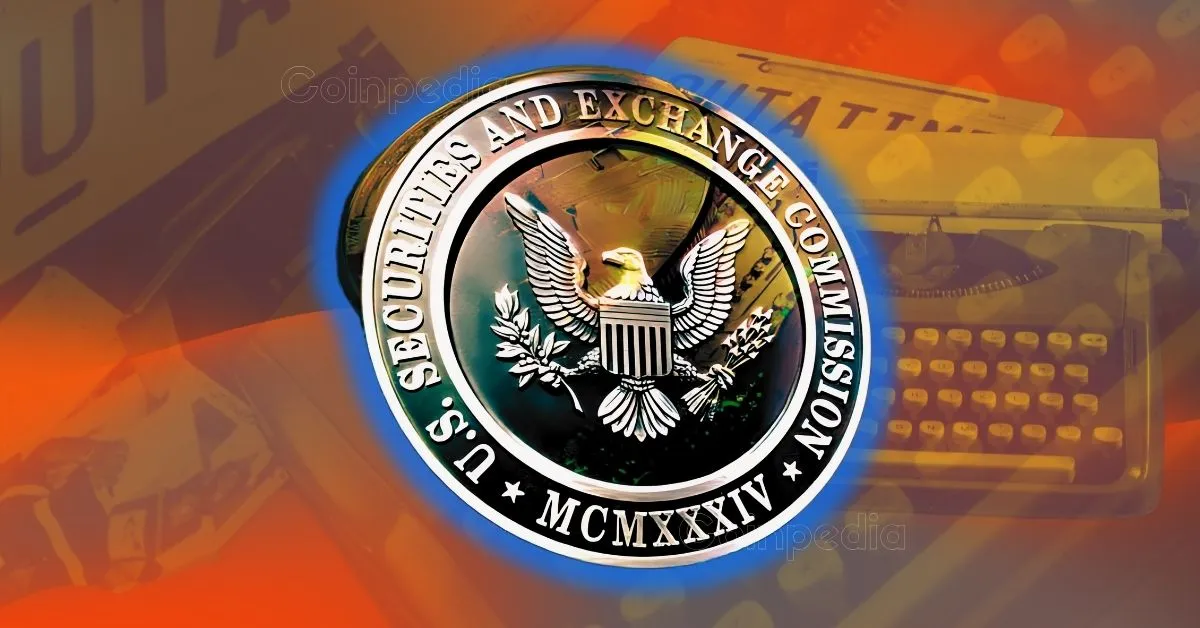
Congress Advances Crypto Regulation: House committees are reviewing updated versions of the CLARITY Act to unify crypto oversight.
Developer & DeFi Protections Added: The new draft excludes non-custodial developers and DeFi tools from money transmitter rules.
Congress is making moves on crypto. A new version of the CLARITY Act was recently released, setting the stage for a key markup session this week.
The latest draft of the CLARITY Act, known as the Amendment in the Nature of a Substitute (ANS), was recently released. It includes some updates and changes to the original bill. FOX Business reporter Eleanor Terrett, in a recent X post, shared that this version is set to be the foundation for Tuesday’s crucial markup session in the House Financial Services Committee.
House Committees Set to Merge Crypto Regulation Bills
She also clarified that this version is the most recent version from the House Financial Services Committee. There is another version from the House Agriculture Committee, which it will mark up separately. Both committees will review and make changes to their versions on Tuesday. After that, the two versions will be merged into one final bill.
Franc Corva shared in an X Post that this update has some good news for crypto developers and wallet providers. It says that developers who don’t control the blockchain will not be treated like money transmitters. Also, DeFi activities and software that help users keep their own private keys won’t be regulated under this act.
Besides, the Bank Secrecy Act rules will only apply to centralized intermediaries, not decentralized projects. This gives more freedom to developers and users in the crypto world.
The update also adds new banking rules in Section 312(b)-(c) about using digital assets and blockchain. National banks can use digital assets and blockchain to offer any legal services, but they still need to follow existing rules. Insured state banks and their subsidiaries have the same permissions.
The bill mainly tries to clarify how U.S. laws apply to cryptocurrencies like Bitcoin, Ethereum, and stablecoins. It explains which agency, the SEC or the CFTC, is in charge of regulating different types of digital assets.
This update is a positive step toward clearer crypto rules. It provides clarity on the classification of digital assets, the role of regulatory bodies, and what rules companies must follow, which will help build a safer, more predictable space for innovation and growth.
Trump’s Bitcoin Reserve Plan Moves to Congress
Recently, the U.S. took a big step toward embracing Bitcoin. Rep. Tim Burchett introduced a new bill, H.R. 3798, to officially turn Trump’s plan for a strategic Bitcoin reserve into law. If passed, the U.S. government would start building its own Bitcoin stash.
The bill is now being reviewed by the House Financial Services Committee. While supporters believe that it could boost the economy and push crypto adoption forward, critics are worried about Bitcoin’s volatility.
Never Miss a Beat in the Crypto World!
Stay ahead with breaking news, expert analysis, and real-time updates on the latest trends in Bitcoin, altcoins, DeFi, NFTs, and more.
FAQs
The CLARITY Act defines crypto rules and clarifies which U.S. agency—SEC or CFTC—regulates different digital assets.
Banks can legally use digital assets under current rules, expanding blockchain use while ensuring regulatory compliance.
It proposes a strategic Bitcoin reserve for the U.S. to boost adoption and economic strength; it’s under review in Congress.








